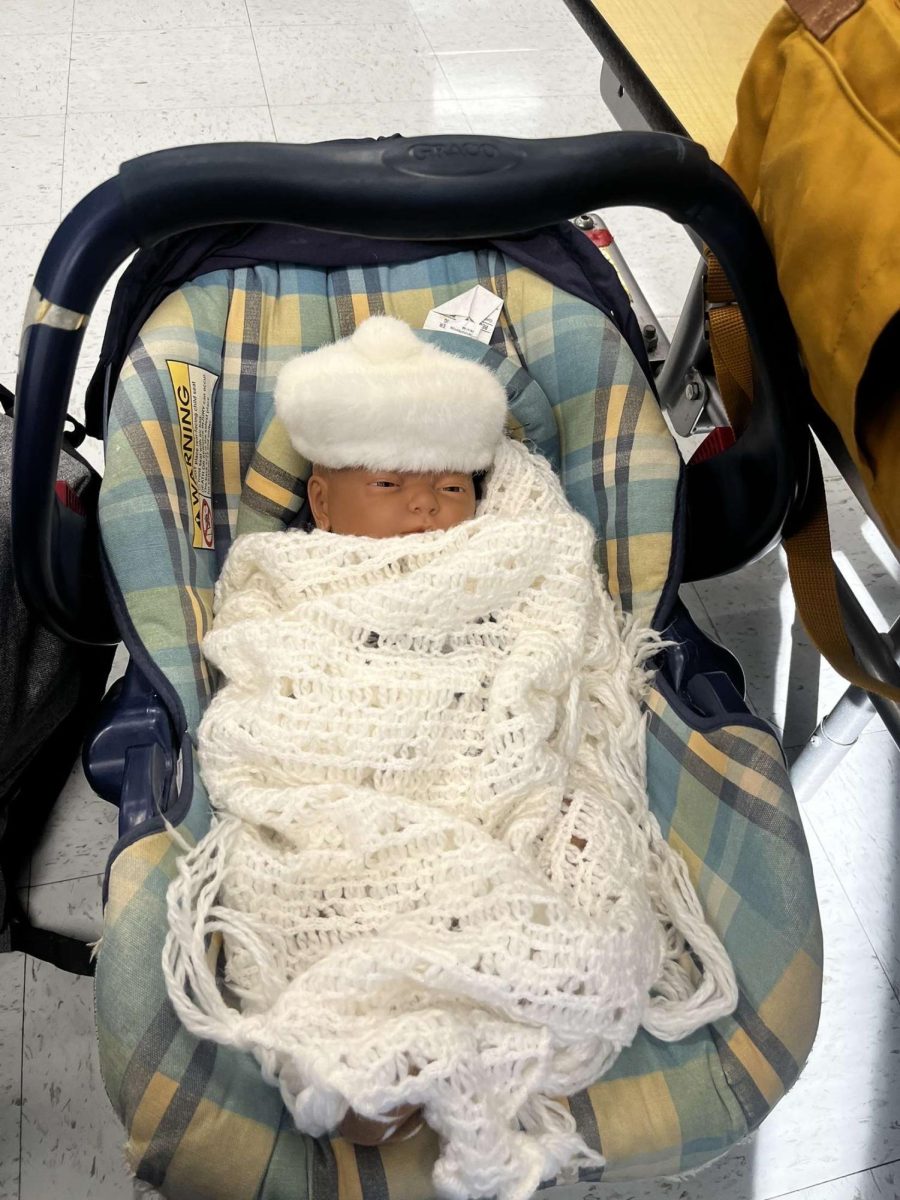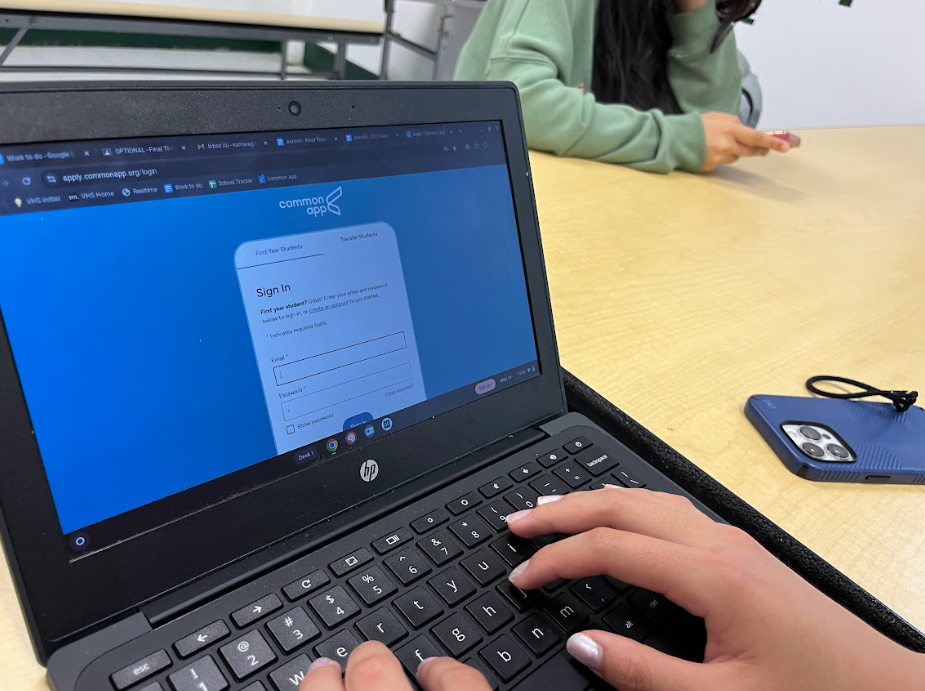As of 2020, less than 5% of teen pregnancies represented all births in the United States. Even though the percentage has declined since previous years, the United States still has a higher teen birth rate than many other countries.
To address this issue and help students prepare for parenthood, many high schools have added a project where students take care of simulated babies, teaching them the responsibilities they may have to face in the future.
At KHS, students participate in this project during their senior year, giving them a hands-on experience of the challenges of parenting. By being a part of this project, students gain insights to help them make informed decisions about their futures.
This project lasts for seven days, and the mannequin babies are brought to school and turned on during the weekend. During the project, students do many different activities with the babies. Health teacher Stephanie Manco says, “They carry a car seat through the hallways and care for their babies over the weekend. This includes feeding, burping, diaper changing, and providing attention. They are encouraged to take their babies out in public and enjoy the experience while practicing responsible parenting.”
Throughout the project, students also research further into adulthood. Manco further explains, “They explore the dynamics of relationships and the financial and emotional costs of getting married and moving out. The program also educates them on various factors affecting fertility, the expenses involved in raising a baby during its first year, and the importance of family structure.”
In addition, seniors are expected to complete daily packets and response sheets to show what they did with the babies. At the end of the project, the seniors also make a scrapbook that consists of all their research and pictures they took with their baby throughout the duration of the project.
Sophomore Carly Draudt has already had experience with the baby project. “Last year, my sibling was a senior, so I was able to see them step up and take a new role. I was able to help with tasks revolving around the baby, and it taught me many things too,” she says.
During the project, students will have to face different challenges. “I think the hardest part of the project will be the weekend nights. Having to get up multiple times in the middle of the night to figure out which key to use to stop the baby from crying will be exhausting,” says senior Sophia Parisi.
The project helped Draudt understand the challenges of parenting, especially when she had a younger brother within a year. “It was cool because I didn’t know that in under a year, I would be having a little sibling of my own, so it was a little preparation for me. I think helping with the baby a little bit also made me more responsible,” she says
Manco emphasizes the importance of fully participating in this project. “I encourage [students] to treat the baby as realistically as possible. [I want students to] take the opportunity to talk to [their] parents about what [they] were like as a baby.”




